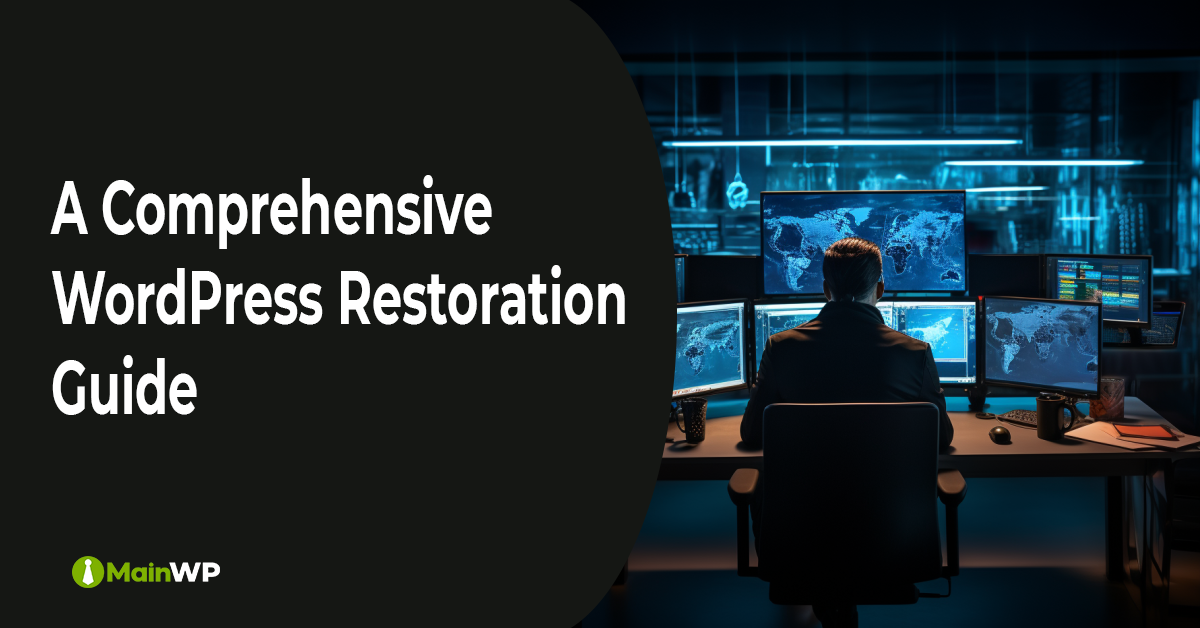Defacement of a WordPress website can be a nightmare for any website owner. It damages your online reputation and puts your site’s security at risk. Fortunately, you can take steps to altogether remove defacement from a WordPress site and prevent it from happening again. This article will guide you through restoring your website’s integrity and security.

- Identify the Defacement
The first step in addressing defacement is to identify the extent of the damage. VisiYou can just visit your website and carefully note any changes made by the attacker. Common signs of defacement include altered content, unauthorized posts, and replaced images or logos. Knowing what has been compromised will help you plan the recovery process.
- Take Your Site Offline
To prevent further damage and protect your visitors, it’s best to take your WordPress site offline temporarily. You can do this by putting your site in maintenance mode or using a plugin to restrict access. This step is crucial to prevent the attacker from making additional changes while you work on removing the defacement.
- Secure Your Hosting Account
Contact your hosting provider immediately to inform them of the incident. They can provide insights into the breach and help you secure your hosting account. Change your hosting account passwords, including your FTP and database credentials. Ensure that your hosting provider applies the necessary security measures to safeguard your site.
- Restore from a Clean Backup
If you have regularly backed up your WordPress site, restoring it to a previous clean state is the most effective way to remove defacement. Access your hosting control panel, navigate to the backup section, and select the most recent clean backup. Follow the instructions to restore your site to that point.
- Update WordPress and Plugins
Outdated WordPress core files and plugins are often the entry point for attackers. After restoring your site, update WordPress and all installed plugins to their latest versions. This ensures you have the latest security patches and reduces the risk of future defacement.
- Scan for Malware
Perform a thorough malware scan on your website using security plugins like Sucuri or Wordfence. These tools can detect and remove malicious code injected by the attacker. Remove any suspicious files or code identified during the scan.
- Change All Passwords
Change all passwords associated with your WordPress site, including those of your user accounts, database, and FTP access. Create strong, unique passwords for each account to minimize the risk of another breach.
- Strengthen Security Measures
To prevent future defacement attempts, strengthen your website’s security. Consider implementing the following measures:
- Install a reputable security plugin: Plugins like Wordfence or Sucuri Security can help protect your site from attacks.
- Enable a Web Application Firewall (WAF): A WAF can filter out malicious traffic before it reaches your website.
- Limit login attempts: Use a plugin to restrict the number of login attempts, making it harder for attackers to guess passwords.
- Regularly monitor your site for suspicious activity.
- Implement two-factor authentication (2FA) for user logins to add an extra layer of security.
Dealing with defacement on a WordPress website can be distressing, but with the right steps, you can remove the defacement and fortify your site against future attacks. Remember to act swiftly, prioritize security, and regularly back up your website to minimize the impact of any potential breaches. By following these guidelines, you can ensure your WordPress site remains safe and secure for you and your visitors.
Useful Links
https://wordpress.org/about/security/
https://wordpress.org/documentation/article/hardening-wordpress/







